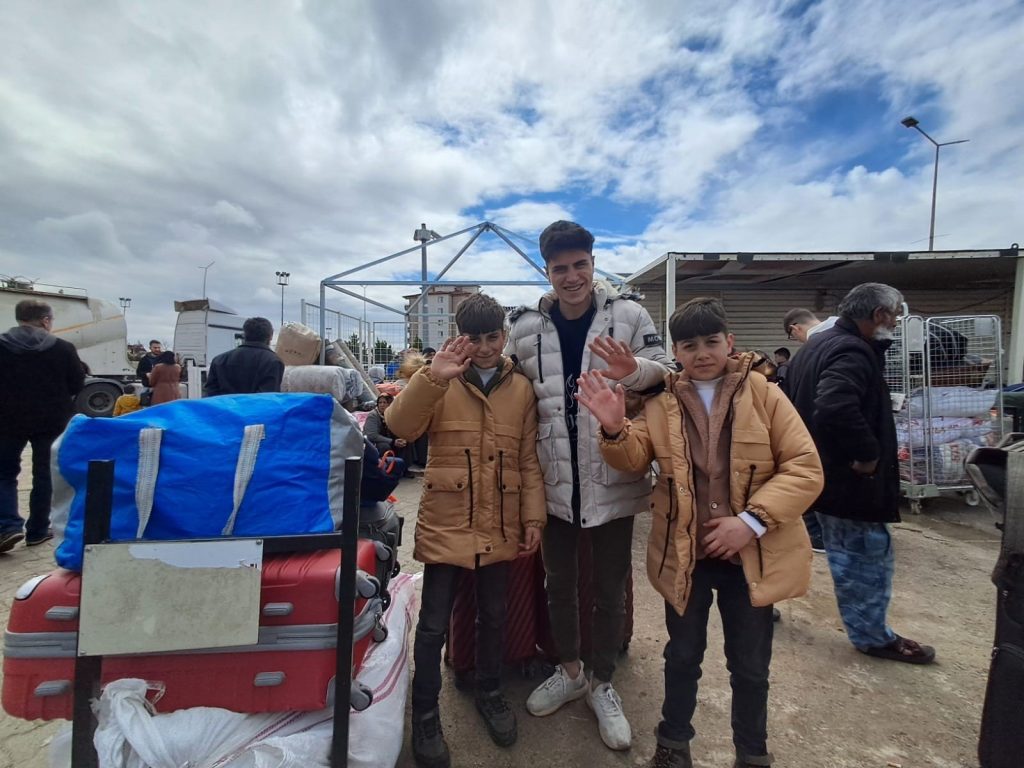Since Dec. 9, more than 175,000 Syrians returned to their country, Interior Minister Ali Yerlikaya announced on Wednesday. The number increased the figure of Syrian refugees returning to Türkiye’s southern neighbor between 2017 and 2025 to 915,515 people. Yerlikaya said the total number of Syrian refugees in Türkiye was more than 2.7 million.
Overall, around 400,000 Syrians have returned from neighboring countries since Assad’s fall, according to the U.N. refugee agency UNHCR. The agency also says more than 1 million Syrians displaced within their country by the conflict have also returned to their homes.
Türkiye encourages the return of Syrians after the fall of the oppressive Baathist regime last December but emphasizes that the returns should be dignified, safe and voluntary. The country’s border crossings with Syria teemed with refugees within days of the fall of Damascus, the last bastion of Baathist resistance, with families rushing to return home after years of civil war.
Yerlikaya told Anadolu Agency (AA) that they were working to ensure the circumstances for the safe and voluntary return of refugees. Türkiye, which has long been a primary safe haven for refugees since the civil war broke out, was a major opponent of the Assad regime. After the regime’s fall, Ankara was quick to establish relations with the new administration led by Ahmed al-Sharaa, who commanded the anti-regime forces defeating the regime in December.
The minister stated that Türkiye faced a major challenge in migration management after the civil war broke out in 2011 but readily embraced “millions of Syrian brothers and sisters.”
“We offered them a light of hope in the darkest days. We showed the world what preservation of humanitarian dignity means thanks to the values of our civilization guiding us in this matter,” he said.
Ankara mobilized its border crossings when Syrians spontaneously streamed into the border crossings, which had been occasionally shut down during the civil war. It immediately issued new regulations to facilitate the voluntary, dignified and safe returns. Yerlikaya said they pursued a “transparent approach, not giving room to any questionable practice” as they managed the process. “All returns are monitored by the UNHCR.
UNHCR chief Filippo Grandi visited Türkiye and confirmed our success in managing the process,” he stated. He noted that they deployed more staff, added more technical capabilities to border crossings and ensured a smooth flow by establishing an appointment system for prospective returnees. He said the government also held talks with nongovernmental organizations to ensure transparency in returns. Türkiye also appointed a “migration envoy” to Syria as part of the process.
Turkish model
Türkiye also faces an influx of irregular migrants seeking to cross into Europe via the country, a gateway to the continent, especially for migrants from Asia and Africa. Yerlikaya said migration management was a major test, “many countries failed.”
“Under the leadership of President Recep Tayyip Erdoğan, Türkiye put humans at the center of migration management while not giving concessions on public security and successfully adopted a migration policy to that extent. It is now a model for the world in this field,” he said.
Yerlikaya singled out “mobile migration points” as one of the good examples of migration management, referring to better enforcement of regulations against irregular migration that cuts off red tape and speeds up detection of irregular migrants.


